- Home
- Young Adults
- Fiction
- Classics
- Literary Masterpieces
- Frankenstein (Macmillan Collector's Library)
Frankenstein (Macmillan Collector's Library)
By: Mary Shelley
-
Rs 2,795.00
Due to constant currency fluctuation, prices are subject to change with or without notice.
One of BBC's 100 Novels That Shaped Our World. Frankenstein is the most famous novel by Mary Shelley: a dark parable of science misused.
Part of the Macmillan Collector’s Library; a series of stunning, clothbound, pocket sized classics with gold foiled edges and ribbon markers. These beautiful books make perfect gifts or a treat for any book lover. The novel is presented here in its original form and with an afterword by David Pinching.
Victor Frankenstein, a brilliant but wayward scientist, builds a human from dead flesh. Horrified at what he has done, he abandons his creation. The hideous creature learns language and becomes civilized but society rejects him. Spurned, he seeks vengeance on his creator. So begins a cycle of destruction, with Frankenstein and his 'monster' pursuing each other to the extremes of nature until all vestiges of their humanity are lost. In 1831, Mary Shelley succumbed to conservative pressures and toned down elements of the work.
One of BBC's 100 Novels That Shaped Our World. Frankenstein is the most famous novel by Mary Shelley: a dark parable of science misused.
Part of the Macmillan Collector’s Library; a series of stunning, clothbound, pocket sized classics with gold foiled edges and ribbon markers. These beautiful books make perfect gifts or a treat for any book lover. The novel is presented here in its original form and with an afterword by David Pinching.
Victor Frankenstein, a brilliant but wayward scientist, builds a human from dead flesh. Horrified at what he has done, he abandons his creation. The hideous creature learns language and becomes civilized but society rejects him. Spurned, he seeks vengeance on his creator. So begins a cycle of destruction, with Frankenstein and his 'monster' pursuing each other to the extremes of nature until all vestiges of their humanity are lost. In 1831, Mary Shelley succumbed to conservative pressures and toned down elements of the work.
Zubin Mehta: A Musical Journey (An Authorized Biography)
By: VOID - Bakhtiar K. Dadabhoy
Rs 840.00 Rs 1,050.00 Ex Tax :Rs 840.00
The Tales of Beedle the Bard - Illustrated Edition: A magical companion to the Harry Potter stories
By: VOID - J.K. Rowling
Rs 2,495.00 Ex Tax :Rs 2,495.00
Sweep Dark Magick, Awakening, and Spellbound Volume 2
By: Cate Tiernan
Rs 585.00 Rs 650.00 Ex Tax :Rs 585.00
Sweep: Reckoning Full Circle and Nights Child: Volume 5
By: Cate Tiernan
Rs 520.00 Rs 650.00 Ex Tax :Rs 520.00
The Tales of Beedle the Bard - Illustrated Edition: A magical companion to the Harry Potter stories
By: VOID - J.K. Rowling
Rs 2,495.00 Ex Tax :Rs 2,495.00
No recently viewed books available at the moment.
Zubin Mehta: A Musical Journey (An Authorized Biography)
By: VOID - Bakhtiar K. Dadabhoy
Rs 840.00 Rs 1,050.00 Ex Tax :Rs 840.00
The Tales of Beedle the Bard - Illustrated Edition: A magical companion to the Harry Potter stories
By: VOID - J.K. Rowling
Rs 2,495.00 Ex Tax :Rs 2,495.00












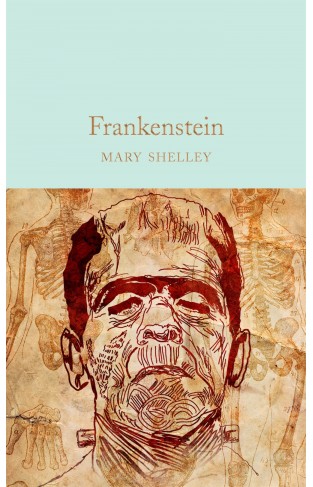

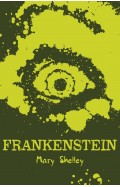
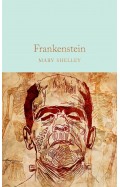
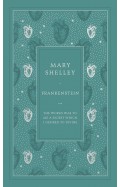


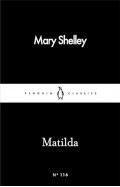
-120x187.jpg?q6)






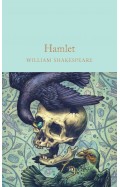
-120x187.jpg?q6)
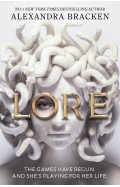


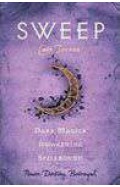
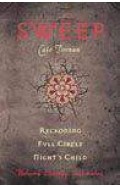
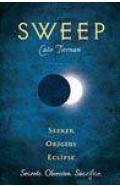


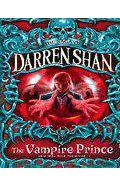
-120x187.jpg?q6)
-Paperback-120x187.jpg?q6)